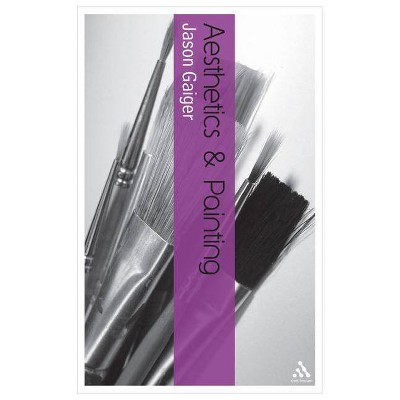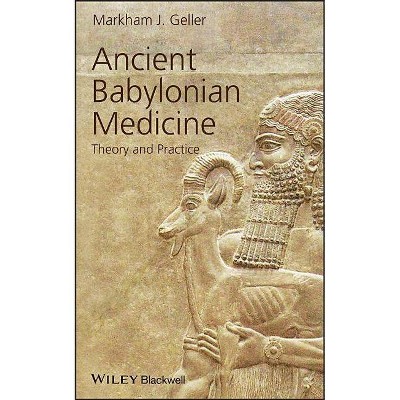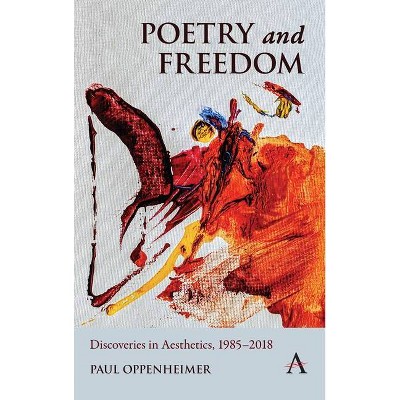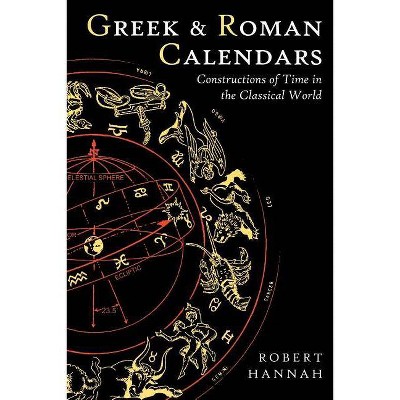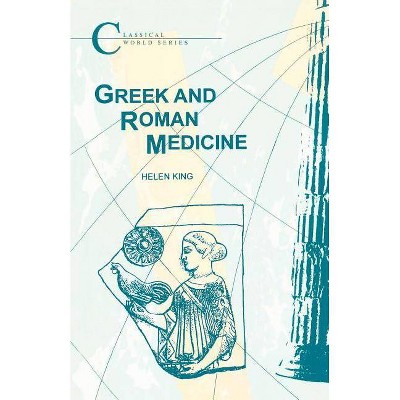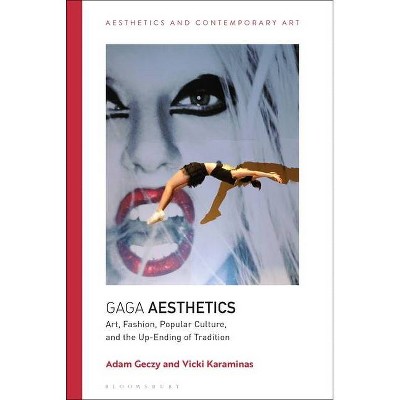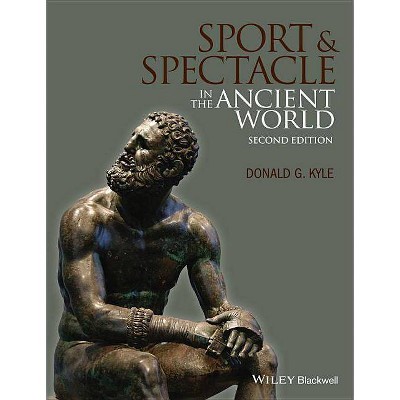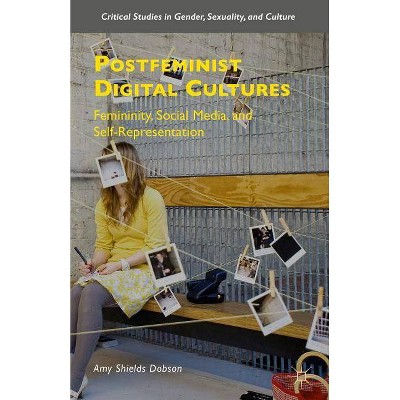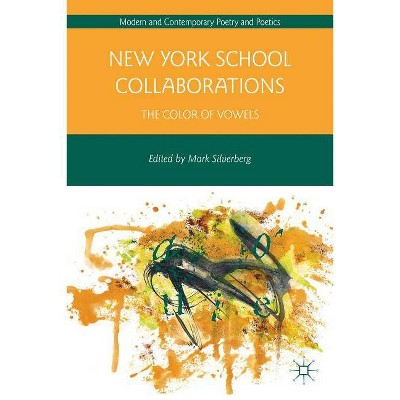Materiality and Aesthetics in Archaic and Classical Greek Poetry - (Ancient Cultures, New Materialisms) by Amy Lather (Hardcover)
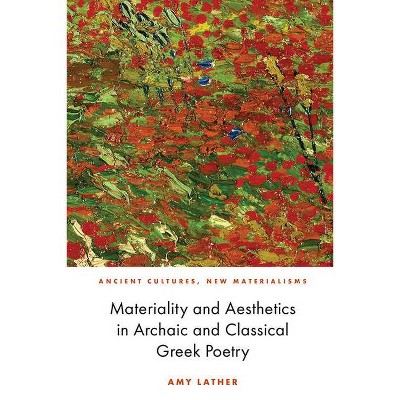
Similar Products
Products of same category from the store
AllProduct info
<p/><br></br><p><b> About the Book </b></p></br></br><p>Combining New Materialist and cognitive methodologies, Amy Lather shows the different ways in which matter interacted with mind in ancient Greek thought. </p><p/><br></br><p><b> Book Synopsis </b></p></br></br><p>Combining New Materialist and cognitive methodologies, Amy Lather shows the different ways in which matter interacted with mind in ancient Greek thought. </p> <p>Her readings centre on the concept of poikilia, a richly multivalent term in Greek aesthetics that is used to characterise artefacts as well as mental activity. By delineating patterns of interaction between living and inorganic beings through the lens of this aesthetic concept, Lather maps a body of canonical texts onto the new critical terrains comprised by the new materialisms and cognitive humanities and reveals the points of intersection between cognitive processes and the material entities produced by them. </p> <p>The result is an innovative contribution to both Classics and New Materialism studies, uncovering the intimate and reciprocal interaction between minds and matter as central to ancient Greek aesthetic experience. </p><p/><br></br><p><b> From the Back Cover </b></p></br></br>Illuminates the reciprocal interaction between minds and materials as a fundamental feature of ancient Greek aesthetics Combining New Materialist and cognitive methodologies, Amy Lather shows the different ways in which matter interacted with mind in ancient Greek thought. Her readings centre on the concept of poikilia, a richly multivalent term in Greek aesthetics that is used to characterise artefacts as well as mental activity. By delineating patterns of interaction between living and inorganic beings through the lens of this aesthetic concept, Lather maps a body of canonical texts onto the new critical terrains comprised by the new materialisms and cognitive humanities and reveals the points of intersection between cognitive processes and the material entities produced by them. The result is an innovative contribution to both Classics and New Materialism studies, uncovering the intimate and reciprocal interaction between minds and matter as central to ancient Greek aesthetic experience. Amy Lather is Assistant Professor of Classics at Wake Forest University in Winston Salem, North Carolina.<p/><br></br><p><b> About the Author </b></p></br></br><p>Amy Lather is Assistant Professor of Classics at Wake Forest University in Winston Salem, North Carolina. She is the author of numerous articles on aesthetic experience in ancient Greek poetry and has been the recipient of a Center for Hellenic Studies fellowship as well as a Young Researcher Award from the Fondation Hardt.<p>
Price History
Price Archive shows prices from various stores, lets you see history and find the cheapest. There is no actual sale on the website. For all support, inquiry and suggestion messagescommunication@pricearchive.us
